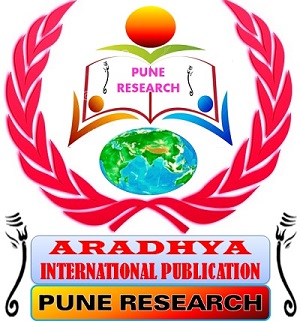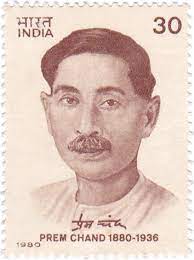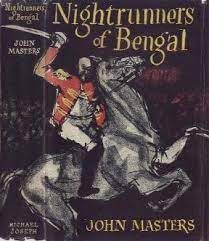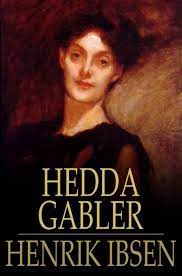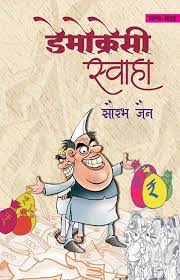A STUDY ON SIGNIFICANCE OF DEGREE OF EMOTIONAL INTELLIGENCE AT WORKPLACE
ABSTRACT
The term emotional intelligence is usually
varied with Intelligence Quotient. Many of us are concerned of IQ as an
existent's score performing a series of tests designed to measure intellectual
intelligence. Advanced masterships indicate better cognitive capacities- these
include the potential to learn and understand- and people with advanced
masterships are more likely to do well academically. Intelligence quotient is a
measure for a person's intelligence whereas Emotional Intelligence (EI),
measured as an Emotional IQ (EQ), describes a conception that involves the
potential, capacity, skill or a tone- perceived capability, to identify,
assess, and manage the emotions of one's own, of others, and of groups. The EQ
conception argues that IQ, or conventional intelligence, is just too narrow;
that there are wider areas of emotional intelligence that mandate and enable
how successful we are. At the workplace, emotional intelligence is veritably
important. It's believed that while cognitive skills help to urge a job, it's
emotional intelligence that helps to get elevations. Those who are in the
advanced situations of the organizational scale bear further emotional
intelligence than those in the lower situations. It’s believed that at the
workplace, emotional intelligence is doubly as important as logical and
specialized skills. This paper deals with the conception of Emotional
Intelligence as a significant area of professional growth and highlights its
significance at workplace.
Keywords: EQ (Emotional
Quotient), IQ (Intelligence Quotient), self-awareness, Self-motivation, Self-regulation,
empathy, social skills.

